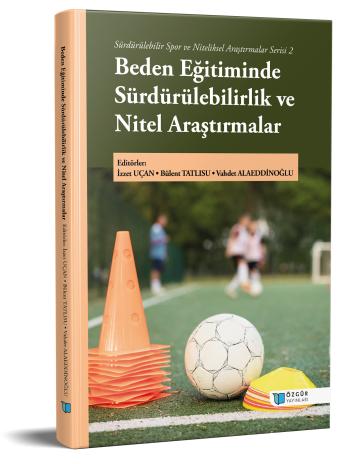
Sustainability and Qualitative Research in Physical Education
Synopsis
Sustainability has become an important concept in physical education and sports education as in many fields today. Adopting a sustainable approach in physical education classes not only contributes to the physical development of individuals, but also strengthens the awareness of social and environmental responsibility. Sustainable physical education plays a critical role in promoting a healthy lifestyle in the long term, increasing social cohesion and transferring sport culture to future generations.
Sustainability in physical education can be considered in three main dimensions: environmental, social and individual. Environmental sustainability includes the environmental friendliness of materials used in physical education classes and sports activities, minimizing waste and using energy resources efficiently. Sustainable management of sports facilities and open spaces in schools are among the key elements of this dimension. Social sustainability refers to the use of physical education as a tool to ensure social equality. In this context, it should be ensured that students of different ages, genders and ability levels have equal opportunities to do sports in physical education classes. Individual sustainability aims to help students lead an active and healthy life throughout their lives.
Qualitative research stands out as an important tool for the effective implementation of this understanding of sustainability in education. Qualitative research methods offer the opportunity to examine in depth how sustainable practices are implemented in physical education classes and their effects on students. Through qualitative methods such as interviews, observations and case studies, teachers' perceptions of sustainable physical education practices, challenges they face and successful strategies can be analyzed.
For example, qualitative research on a sustainable physical education Programme implemented in a school can reveal how the Programme impacts students and increases environmental awareness. Likewise, qualitative studies that address physical education teachers' experiences and recommendations on sustainability offer important insights for raising awareness and improving educational policies in this area.
In conclusion, sustainability in physical education is of great importance both individually, socially and environmentally. Qualitative research plays an important role in understanding and developing this process. In this presentation, we will discuss sustainability practices in physical education and how qualitative research contributes to this process.
This article explains in more detail the concept of sustainability in physical education and the importance of qualitative research in this field.
In addition, this book constitutes the second book of our Sustainable Sport and Qualitative Research Series.
We hope that it will be a research book that will add great scientific meaning to the literature.

